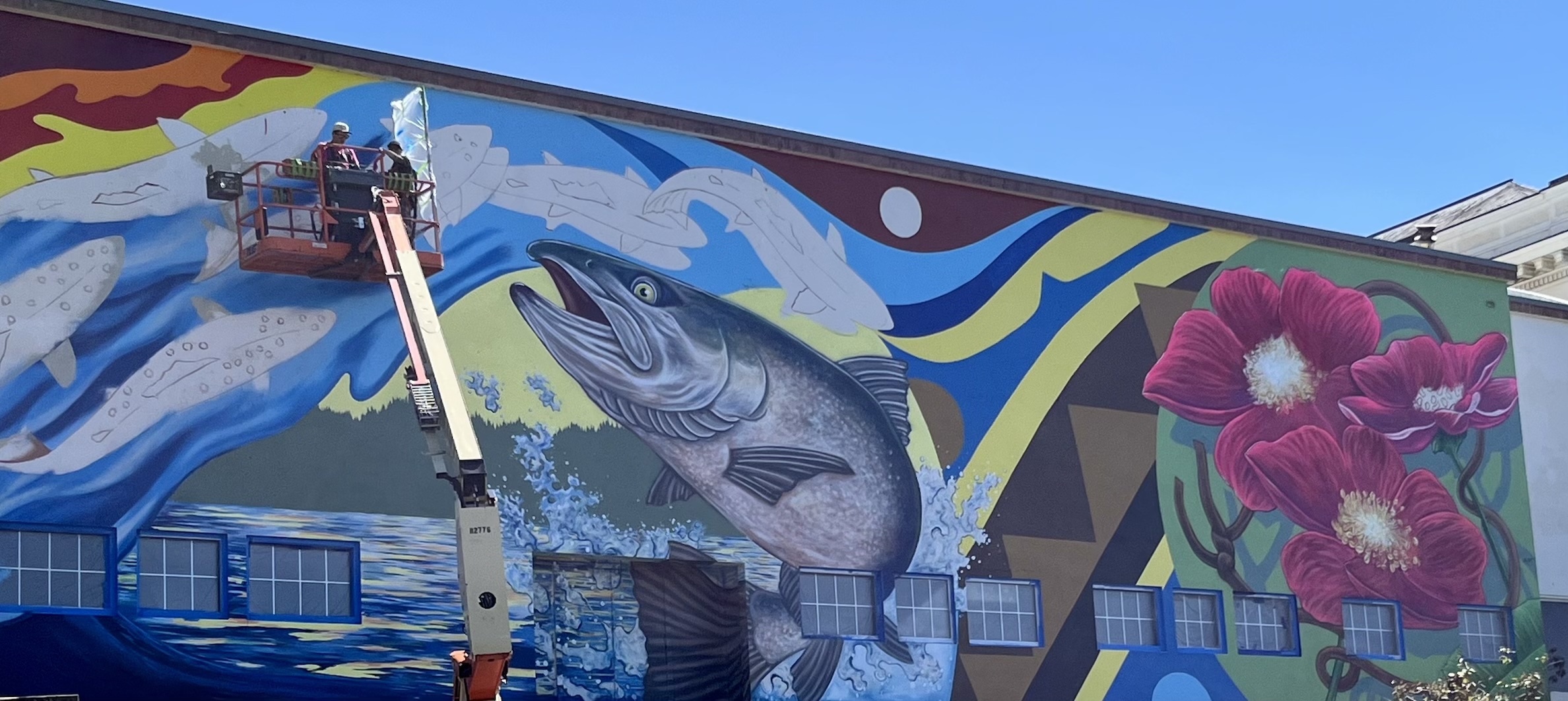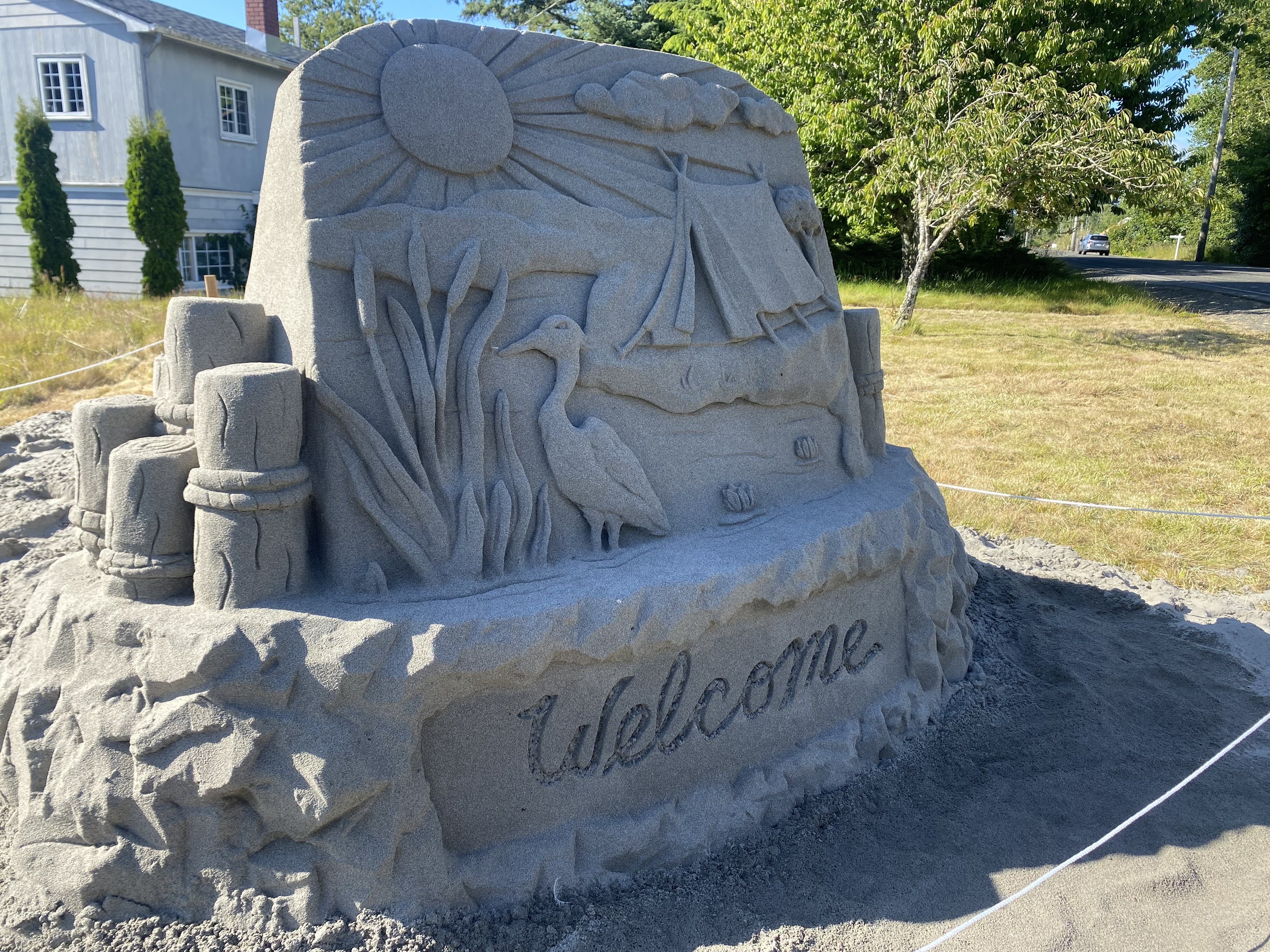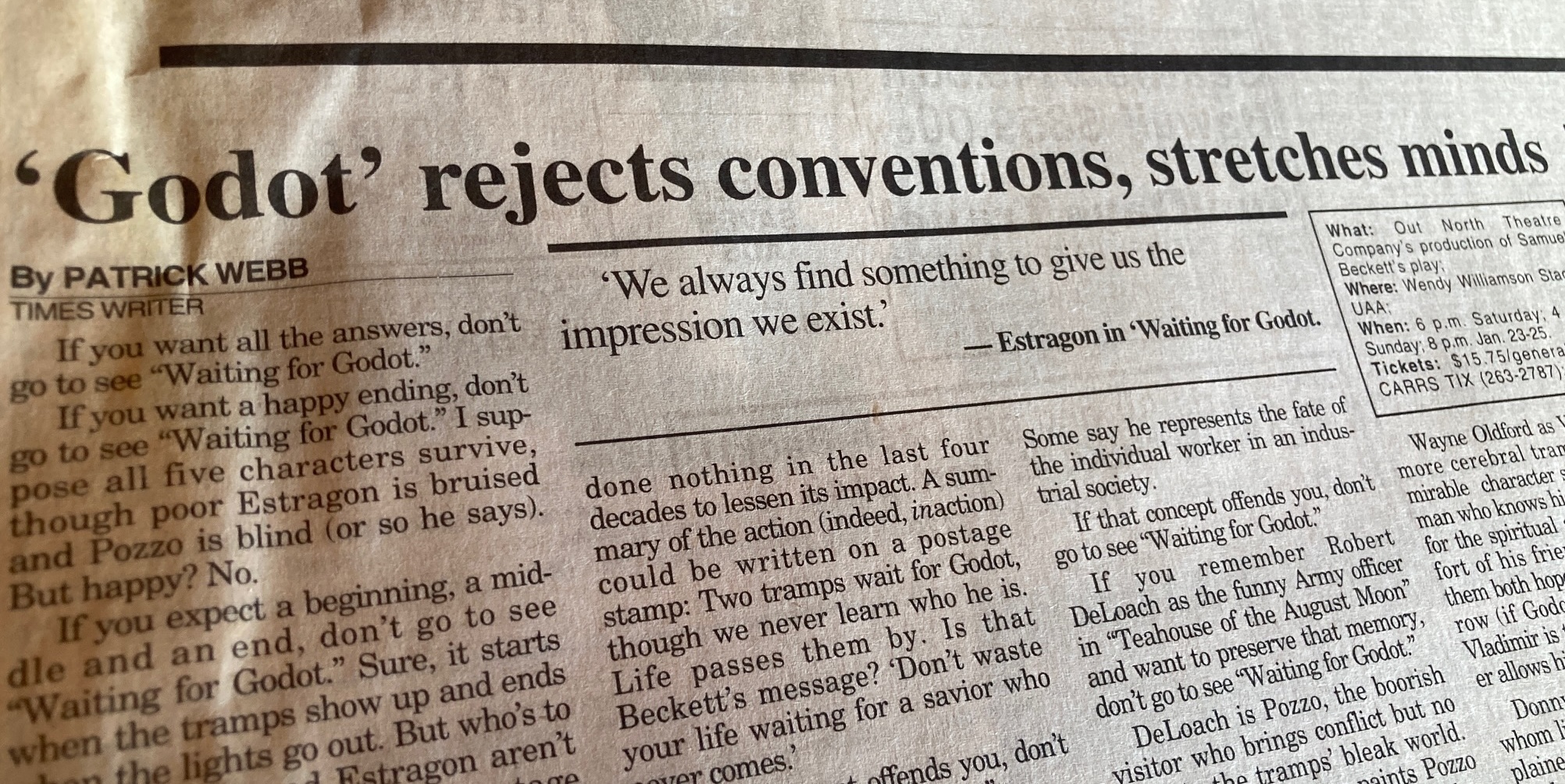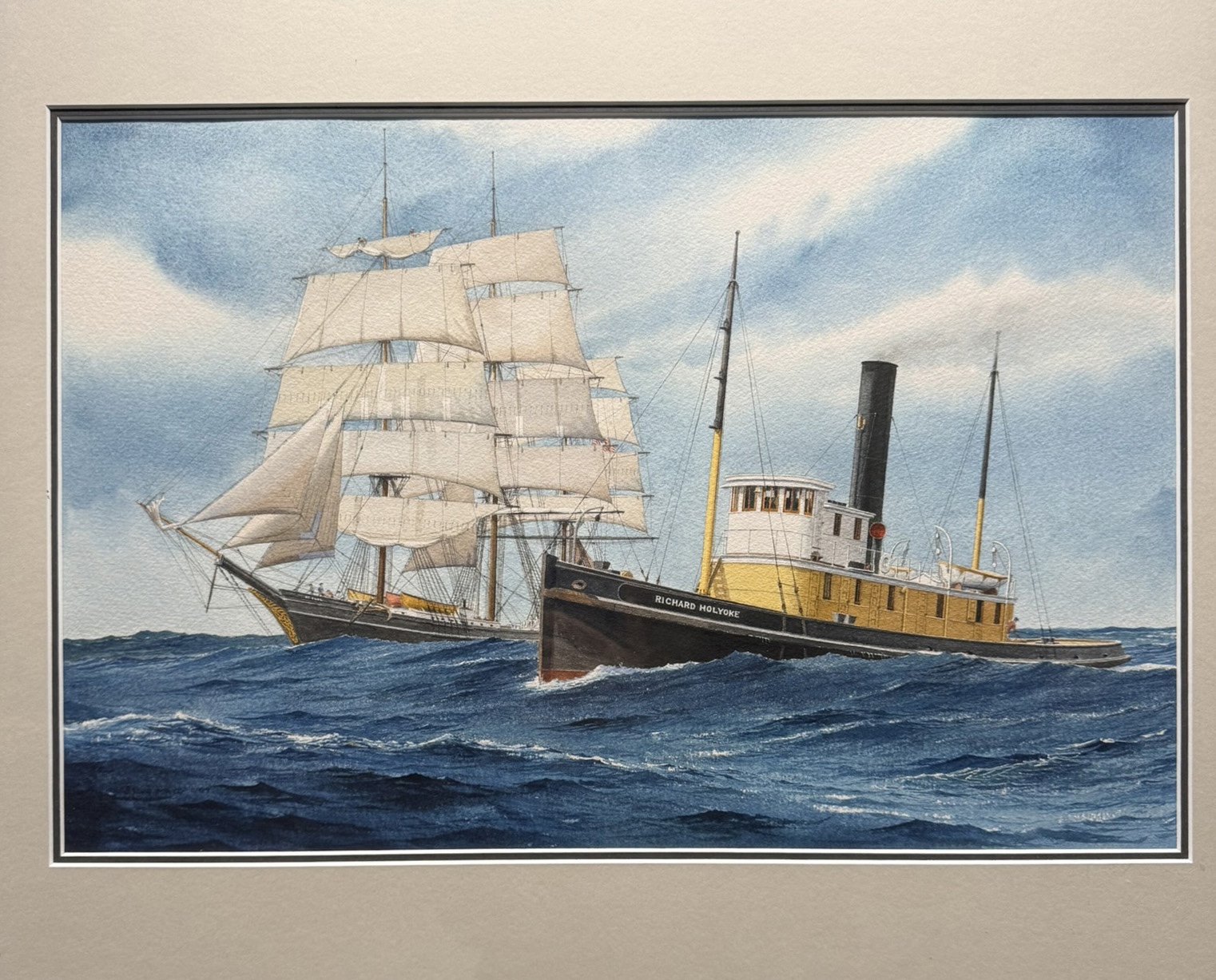Bookmonger: Threads of tragedy in the Brown building
Published 9:00 am Tuesday, February 21, 2023

- “Frozen by Fire” is by Donald Kentop.
In the 1950s, before Donald Kentop moved across the country to Seattle, he’d been a student in New York City. The opening stanza of his poem, “The Brown Building,” captures those college days:
Trending
We smoked cigarettes at NYU
And talked of Eisenhower, Kerouac,
The Beats. Before rock ‘n’ roll we puffed
Trending
On Camels, flicked our ashes on the floor,
And rode elevators to our classrooms
In what had once been called the Asch Building.
It was only later that Kentop learned that the Brown Building, where he’d studied freshman English, had decades earlier been home to the Triangle Shirtwaist Factory, where immigrant women bent over their sewing machines and stitched up the high-necked blouses that represented the fashionable “Gibson Girl” look of the early 1900s.
In another poem, titled “A Matter of Time,” Kentop writes about a fateful day in late March 1911, when fire broke out in the factory, probably due to the arrogance of the male cutters, who “felt they were elite and smoked / despite the posted signs.”
“Frozen by Fire” by Donald Kentop
Black Heron Press — 99 pp — $18
The scrap bins were overflowing, the floors were oily, the work stations and workers were jammed tightly together, and a conflagration soon engulfed the eighth, ninth and 10th floors of the building.
Catastrophically, the workers were trapped — the owners had made it a practice to lock the doors to keep their employees from leaving without permission.
And there were other fatal mistakes — the sole fire escape collapsed, while the fire department’s hoses shot water up only as far as the fourth floor, and their flimsy nets ripped apart from the velocity of bodies falling from nine stories above.
Nearly 150 young workers perished in that fire, the worst industrial disaster in New York City’s history.
Kentop concludes his “A Matter of Time” poem with this bitter observation: “The Asch / Building was in fact built fireproof / and yet the people working there were not.”
These and other poems are collected in “Frozen by Fire,” a volume Kentop has written primarily to honor the lives of the young workers — victims and survivors alike — who were caught up in the Triangle Factory Fire.
The details about their lives were drawn in large part from oral histories conducted in 1961 by labor writer Leon Stein, who on the occasion of the 50th anniversary of the fire reached out to survivors to conduct interviews about the event.
Kentop’s poems contain poignant fragments about those whose lives were cut short.
But in other poems he documents the working conditions, management decisions and lax government policies that contributed to the disaster, as well as the culpability of the America consumers who “were passive to the suffering that lay / behind their clothes …”
And near the end of this slim but devastating volume, in a piece called “More Locked Doors” Kentop points out that ruthless competition, outsourcing to cheaper countries and poor work conditions still are stitched into the clothing we wear.









